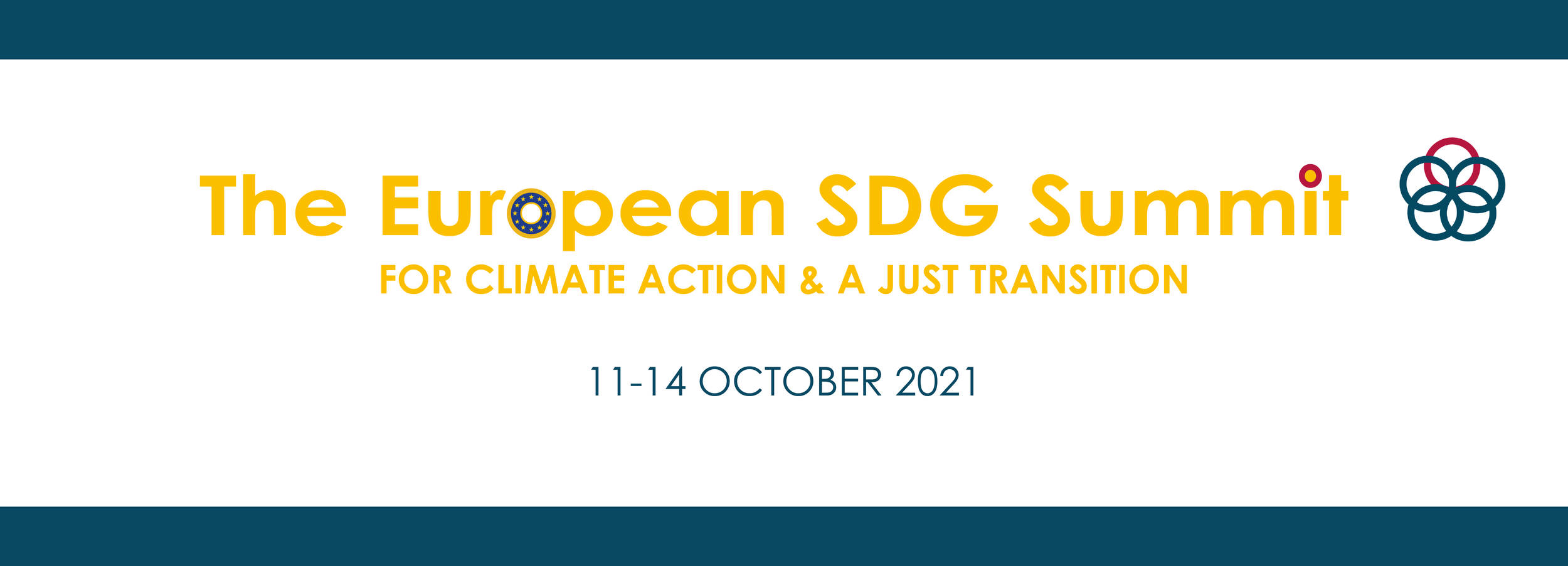Three High-Level Plenaries to Shape Europe’s Sustainable Future
Discover the three high-level plenaries on Leadership for Ecosystem Transformation, Financing the Future, Resilient and Inclusive Supply Chains.
Become a sponsor of the sustainability event of the year in Europe.
2020 has bluntly forced the world to recognize the need to accelerate the journey towards climate neutrality and the urgency for the adoption of an inclusive approach to the green, digital transition. The pandemic and its fallout exposed deep divisions within society, affecting the most vulnerable people. Already in 2015, the Paris Agreement recognized how shifting towards a resilient, carbon-neutral, digital economy would boost prosperity and drive net job creation in the long term. However, for this transition to succeed, climate action needs to go hand in hand with social justice.
Businesses have a key responsibility and role to embed societal concerns in their governance, priorities, models, and approach to investments and finance. Ahead of the United Nations Climate Change Conference (COP26), the European SDG Summit will bring together business leaders, European policymakers, and civil society organisations interested in delivering a climate-neutral, socially just, competitive Europe.
On the 11th -12th -14th October, the Summit will be back with 30 virtual and fully open sessions, including 3 high-level plenaries on:
Leadership for Ecosystem Transformation
(11th October, 11.30 -13.00 CET)
Global Thought Leaders will share insights on their journey to transform their organisations and manage the climate transition through the proximity with and the continuous empowerment of employees, suppliers, investors, consumers, and communities. EU leaders will provide a State of the Union on Climate Action and Just Transition.
Moody’s Vigeo Eiris will present with CSR Europe the 1st European Sustainable Industry Barometer on the sustainability and climate performance of European industry sectors and federations, demonstrating also where additional collaborative and policy efforts are needed.
Financing the Future
(12th October, 11.30 -13.00 CET)
R&D investments play a key role in the development and uptake of new technologies and sustainable solutions from the lab into the market. What are the boundaries of the new economic system that investors, governments, and companies should draw to protect life and earth?
We will delve into the latest EU policy developments and expectations on investors and business with regard to the revision of the Non-Financial Reporting Directive, the EU Taxonomy, and the role of the European Investment Bank.
Resilient & Inclusive Supply Chains
(14th October, 11.30 -13.00 CET)
The COVID-19 pandemic has revealed the vulnerability of Europe’s supply chains and shown how critical it is to support the most vulnerable people across the whole value chain. In this session, we will test how much the EU is willing to go beyond corporate compliance with the new due diligence legislation. Will there be an opening towards strategic accompanying measures? The real challenge we face is two-fold:
Building a wider playing field at the European and international level
Empowering actors and industry federations to develop collaborative solutions that can enhance the livelihoods of workers, farmers, and miners.
For more information:
Project Manager, Sustainability Management & Network
UPCOMING EVENTS
RELATED RESOURCES





